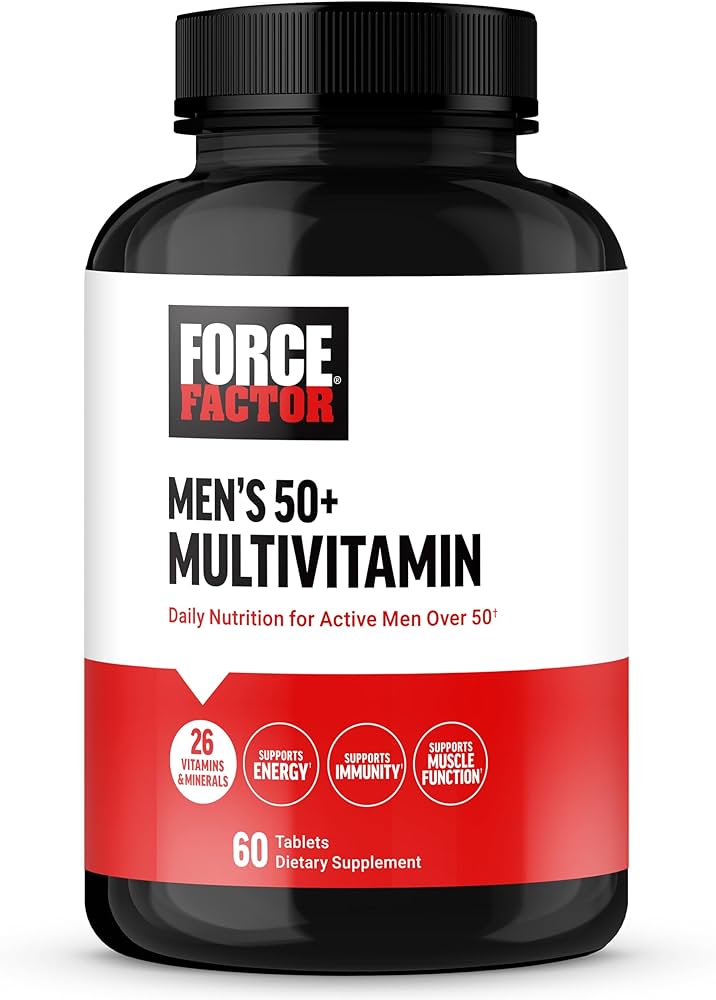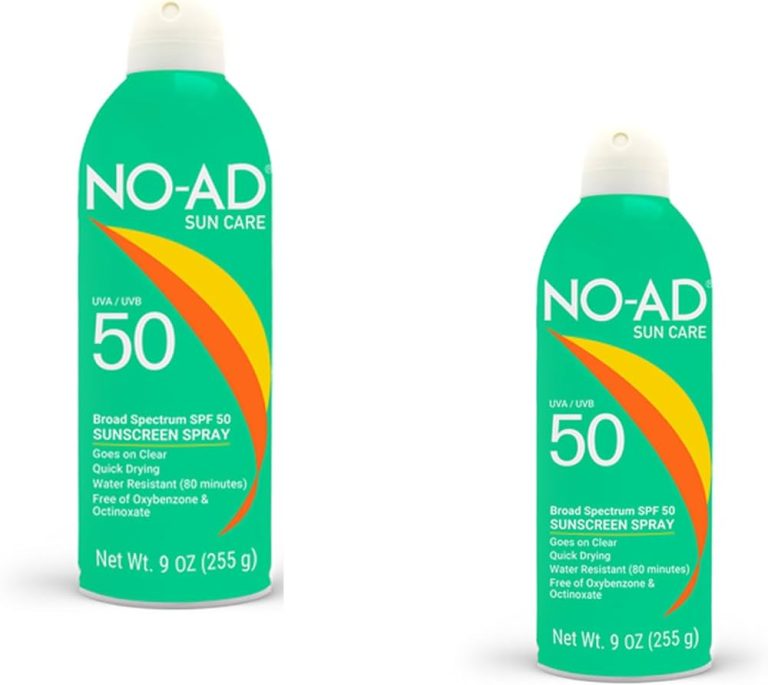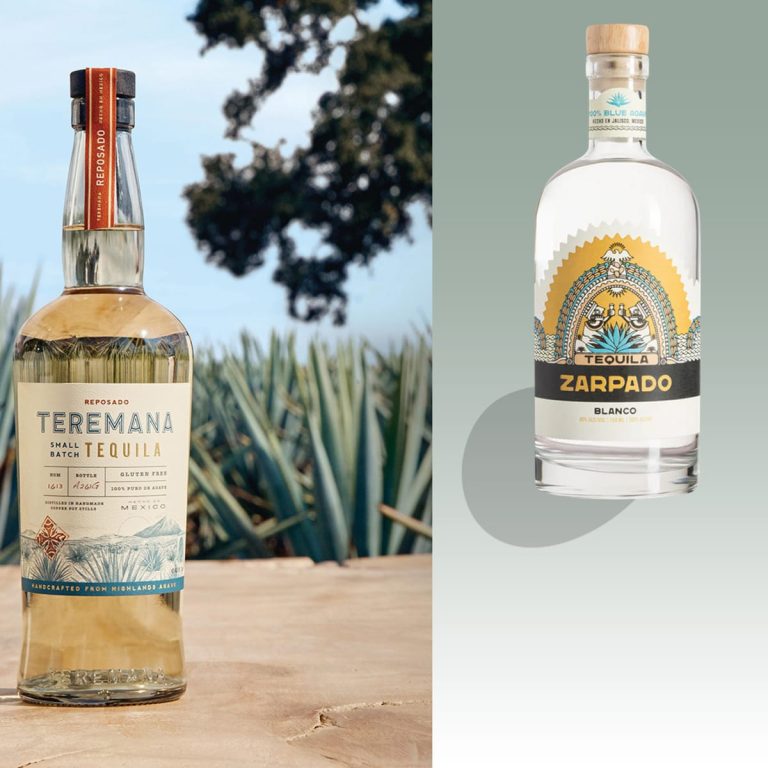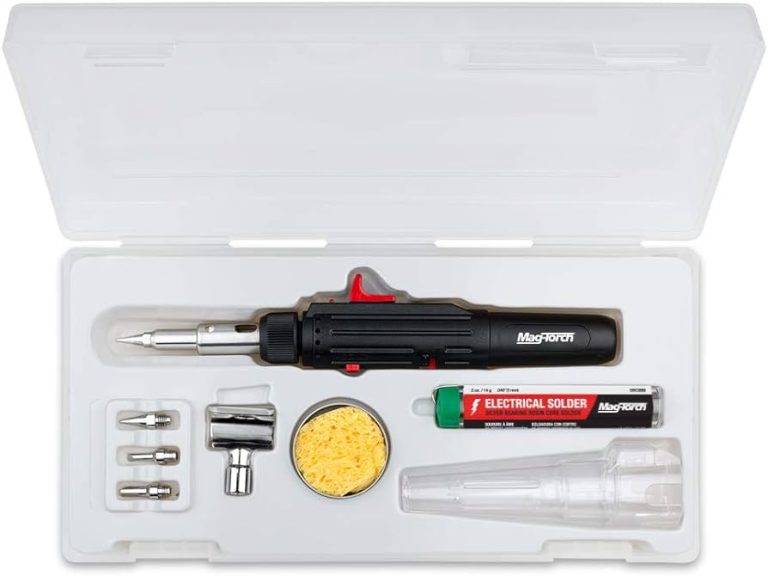9 Best Vitamins for Men Over 50: Boost Bone Health, Immunity, and Vitality
As you hit the milestone of 50, your body’s nutritional needs start to shift. Ensuring you get the right vitamins becomes crucial for maintaining energy, boosting immunity, and supporting overall health. Navigating the world of supplements can be overwhelming, but knowing which vitamins are essential can make all the difference.
Vitamin D: The Sunshine Vitamin
Vitamin D is often called the sunshine vitamin because your body can produce it when exposed to sunlight. This essential vitamin is crucial for men over 50 to maintain various aspects of health.
Benefits for Bone Health and Muscle Function
Vitamin D plays a vital role in calcium absorption, which is crucial for bone health. As you age, your bones need more support to stay strong and prevent conditions like osteoporosis. Additionally, vitamin D helps improve muscle function, which can reduce the risk of falls and fractures. With stronger bones and muscles, you’re more likely to stay active and independent.
Recommended Daily Intake and Sources
The recommended daily intake of vitamin D for men over 50 is 600-800 IU, depending on your health needs and sunlight exposure. You can get this vitamin from fortified foods like milk and cereal, as well as fatty fish like salmon and mackerel. Supplements are also a reliable way to ensure you’re meeting your daily requirements, especially if you have limited sunlight exposure or dietary restrictions.
Vitamin B12: Essential for Energy
Vitamin B12 is a vital nutrient that plays a major role in keeping your energy levels up and ensuring your body’s overall vitality.
Role in Red Blood Cell Formation and Brain Health
Vitamin B12 is crucial for red blood cell formation and brain health. It helps your body produce healthy red blood cells, which carry oxygen throughout your body, boosting your energy. It also supports brain health by maintaining the protective covering around your nerves, known as the myelin sheath, which is critical for proper neurological function. Deficiency in B12 can lead to anemia, fatigue, and cognitive difficulties, particularly in men over 50.
Natural Sources and Supplementation Tips
You can get Vitamin B12 from various natural sources, such as meat, fish, dairy products, and eggs. However, as you age, your body may find it harder to absorb B12 from food. Supplementation can be beneficial, and B12 is available in various forms like tablets, capsules, and sublingual drops. Aim for at least 2.4 micrograms per day, but consult your healthcare provider to determine the right dosage for your needs.
Vitamin C: The Immunity Booster
Vitamin C is essential for maintaining a strong immune system, especially for men over 50.
Antioxidant Properties and Immune Support
Vitamin C acts as a powerful antioxidant. It helps protect your cells from damage caused by free radicals. Boosting Vitamin C intake strengthens your body’s defense against infections. According to the National Institutes of Health, men over 50 should aim for a daily intake of 90 milligrams. Its immune-boosting properties can shorten the duration of common colds and enhance skin health.
Optimal Sources and Daily Requirements
Natural sources of Vitamin C include citrus fruits, strawberries, bell peppers, and broccoli. You can achieve the daily requirement by consuming a balanced diet rich in these foods. If your diet lacks sufficient Vitamin C, consider a supplement after consulting with a healthcare provider. Consuming 90 milligrams daily ensures you reap the full benefits of this crucial vitamin for maintaining optimal health and immunity.
Vitamin E: The Protector
Its Antioxidant Effects and Skin Benefits
Vitamin E stands out for its powerful antioxidant properties. It helps neutralize free radicals in your body, reducing oxidative stress and slowing signs of aging. Antioxidants play a critical role in protecting your cells from damage.
This vitamin also promotes healthier skin by enhancing moisture retention, improving elasticity, and reducing the appearance of fine lines. Regular intake can help maintain a youthful complexion, which is particularly beneficial as your skin tends to dry and thin with age.
How to Incorporate Enough Vitamin E in Your Diet
Incorporating enough Vitamin E into your diet can be straightforward with the right food choices. Focus on consuming nuts and seeds like almonds, sunflower seeds, and hazelnuts. These foods are rich in Vitamin E and also provide healthy fats.
Vegetable oils, such as wheat germ oil, sunflower oil, and safflower oil, are excellent sources too. Including these oils in your cooking or salads can boost your Vitamin E intake effortlessly.
For further assurance, consider taking a Vitamin E supplement. However, always consult with your healthcare provider before starting any supplementation to ensure it’s appropriate for your health needs.
Magnesium: For Heart and Muscle Health
Magnesium plays a crucial role in maintaining heart function and muscle health, making it vital for men over 50. It’s involved in hundreds of biochemical reactions in the body, including energy production.
Importance in Preventing Heart Diseases and Managing Stress
Magnesium helps prevent heart diseases by maintaining normal blood pressure and supporting a steady heartbeat. Research shows that a higher intake of magnesium is linked to a lower risk of coronary artery disease (National Institutes of Health). Additionally, magnesium aids in managing stress and anxiety by regulating neurotransmitters that influence mood. It’s essential for producing energy and reducing fatigue, which can be particularly beneficial as you age.
Best Dietary Sources of Magnesium
Include magnesium-rich foods in your diet to meet your daily needs. Leafy green vegetables like spinach and kale, nuts and seeds like almonds and pumpkin seeds, and whole grains such as brown rice and quinoa are excellent sources. Incorporating legumes, such as black beans and lentils, and fatty fish like salmon can also boost your magnesium intake. If it’s challenging to get enough from diet alone, consider a supplement after consulting your healthcare provider.
| Age Group | Recommended Daily Allowance (RDA) |
|---|---|
| Men 51 and older | 420 mg |
Fish Oil: Rich in Omega-3 Fatty Acids
Adding fish oil to your diet can offer numerous health benefits, particularly when you’re over 50. It’s packed with omega-3 fatty acids which are vital for various bodily functions.
Benefits for Heart and Mental Health
Omega-3 fatty acids in fish oil greatly benefit heart health. They help lower triglyceride levels, reduce blood pressure, and prevent plaque buildup in your arteries. A Harvard study found that omega-3 fatty acids could reduce the risk of heart disease by as much as 30%.
Omega-3s aren’t just good for your heart—they also support mental health. These fatty acids help reduce symptoms of depression and anxiety. A study in the American Journal of Clinical Nutrition showed that higher omega-3 levels are associated with a lower risk of cognitive decline in older adults.
Guidelines for Consumption and Effective Dosing
For optimal heart and mental health benefits, it’s important to consume the right amount of fish oil. The American Heart Association recommends that men over 50 get at least 1 gram of EPA and DHA, the two main types of omega-3s, per day. You can achieve this by eating fatty fish like salmon, mackerel, or sardines at least twice a week.
If you prefer supplements, choose high-quality fish oil products with clear labels. Look for those that provide at least 500 mg of EPA and DHA per serving. Always consult your healthcare provider before starting any new supplement regimen to ensure it fits your specific health needs.
Zinc: Essential for Cellular Metabolism
Impact on Immune Function and Hormone Production
Zinc plays a crucial role in maintaining a healthy immune system. It helps your body ward off infections and supports wound healing. Additionally, zinc is vital for producing testosterone, a hormone that declines with age. By maintaining proper zinc levels, you can support hormone balance and overall well-being.
Balancing Zinc Intake Through Diet and Supplements
Getting enough zinc can be achieved through a balanced diet or supplements. Foods like oysters, beef, and pumpkin seeds are rich in zinc. If dietary sources are insufficient, consider a supplement. The recommended daily intake for men over 50 is 11 mg. Always consult your healthcare provider before starting a new supplement, especially to prevent excessive intake.
Calcium: Supporting Bone Density and Health
Crucial for Preventing Osteoporosis in Older Men
Calcium is vital for men over 50 to maintain strong bones and prevent osteoporosis. As you age, your bone density decreases, making you more susceptible to fractures. According to the National Institutes of Health, men over 50 need 1,000 mg to 1,200 mg of calcium daily to combat these bone density issues.
Dairy and Plant-Based Sources of Calcium
Incorporate both dairy and plant-based sources into your diet to meet your calcium needs. Dairy products such as milk, yogurt, and cheese are excellent sources. For plant-based options, consider almonds, kale, and fortified plant milks like soy or almond milk. Diversifying your calcium sources ensures you get enough of this essential mineral while enjoying a varied diet.
Probiotics: Beneficial for Digestive Health
Enhancing Gut Health and Immune Function
Probiotics play a critical role in maintaining your gut health and supporting your immune system. These beneficial bacteria help balance the gut microbiome, reducing inflammation and improving nutrient absorption. Studies suggest that probiotics can alleviate digestive issues like bloating, constipation, and irritable bowel syndrome (IBS). Regular intake of probiotics may also boost your immune response by stimulating the production of natural antibodies and reducing the frequency of respiratory infections.
Recommendations for Probiotic Foods and Supplements
Incorporating probiotic-rich foods into your diet can significantly enhance your gut health. Yogurt, kefir, sauerkraut, kimchi, and miso are excellent sources of natural probiotics. For those who prefer supplements, choose a high-quality probiotic supplement with diverse strains and a minimum of 10 billion CFUs (colony-forming units) per serving. Look for supplements containing strains like Lactobacillus and Bifidobacterium, known for their digestive health benefits. It’s essential to consult with your healthcare provider before starting any new supplement regimen to ensure it’s suitable for your specific health needs.
Conclusion: Integrating These Vitamins Into Your Routine
As you navigate life over 50 it’s crucial to prioritize your health by incorporating essential vitamins into your daily routine. Start by evaluating your diet and identifying any gaps in your nutrient intake. Consider consulting with a healthcare provider to tailor your vitamin regimen to your specific needs.
Remember that while supplements can be beneficial whole foods should be your primary source of nutrients. Focus on a balanced diet rich in fruits vegetables lean proteins and healthy fats to ensure you’re getting a comprehensive array of vitamins and minerals.
By consistently integrating these vitamins and maintaining a healthy lifestyle you’ll support your overall well-being and enjoy a more vibrant life.
Frequently Asked Questions
Why are vitamins D, B12, C, and E important for individuals over 50?
These vitamins support bone health, muscle function, and the immune system, which are critical as we age.
What benefits do magnesium and fish oil offer for people over 50?
Magnesium aids in heart health and muscle function, while fish oil supports mental health and reduces inflammation.
How does zinc benefit men over 50?
Zinc is essential for immune function and hormone production. It’s recommended to consume 11 mg daily from sources like oysters or supplements.
How much calcium should men over 50 intake daily?
Men over 50 should aim for 1,000 mg to 1,200 mg of calcium daily to maintain strong bones and prevent osteoporosis.
What are good dietary sources of calcium for men over 50?
Dairy products, almonds, kale, and fortified plant milks are excellent sources of calcium.
Why are probiotics important for gut health and immune function?
Probiotics balance the gut microbiome, reduce inflammation, improve nutrient absorption, and boost immunity.
How can someone incorporate probiotics into their diet?
Include probiotic-rich foods like yogurt, kefir, sauerkraut, kimchi, and miso in your diet, or consider high-quality supplements with diverse strains.






